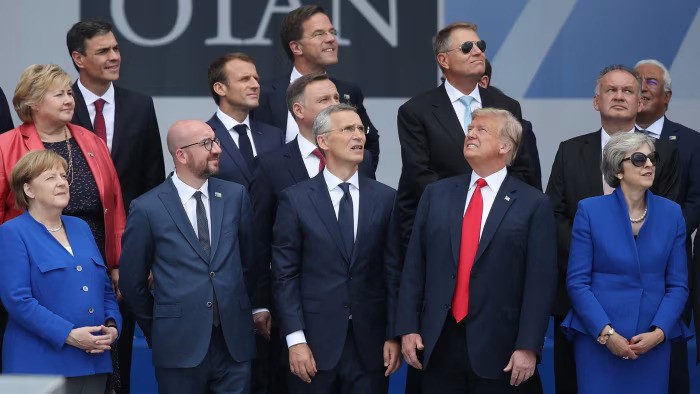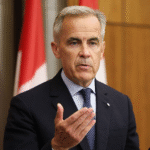A growing divide is emerging among U.S. partners over former President Donald Trump’s controversial proposal to “take over” Gaza. Leaders from Europe and the Middle East have explicitly rejected Trump’s plan and called for a return to multilateral diplomacy, portraying it as destabilizing and contrary to international norms.
Allies Push Back on Trump’s Gaza Plan
Trump’s remarks suggesting U.S. control of Gaza, displacement of Palestinians, and redevelopment of the region prompted swift condemnation from several key allies. European powers and Arab states alike denounced it as a violation of the two-state framework and a threat to regional stability.
Saudi Arabia branded it “unacceptable,” Germany warned it would “lead to new suffering,” and the Arab League called it an infringement on Palestinian rights . China also rejected the relocation proposal, emphasizing its commitment to a Palestinian future governed by its own people
European Diplomacy Reasserts Itself
Beyond criticism, European states are deepening their calls for an immediate humanitarian ceasefire and unrestricted aid access to Gaza. The UK, France, and Germany have issued coordinated diplomatic pressure on Israel to lift restrictions that have impeded relief efforts amid staggering civilian distress. Meanwhile, the conflict continues to strain Israel’s ties with its traditional Western allies, calling into question the durability of long-standing diplomatic alignments




The Diplomatic Implications
- Erosion of U.S. Hegemony: Trump’s Gaza comments accelerated ongoing skepticism toward unilateral U.S. policy among allied nations, fueling a broader reassessment of geopolitical alignment
- Renewed Emphasis on Multilateralism: European leaders are reinforcing cooperative frameworks like the EU and UN to address humanitarian and conflict-resolution priorities.
- Pressure for Ceasefire and Aid Access: Practical steps such as aid corridors and ceasefire talks—are being pushed at urgent pace to alleviate civilian suffering in Gaza
What Comes Next?
With worsening war conditions and growing public pressure, countries are increasingly willing to counter U.S.-led initiatives seen as extreme. If Trump’s proposals persist, the global realignment away from American unilateralism may only deepen. Meanwhile, diplomatic action continues to focus on expanding relief, reinforcing international law, and promoting durable peace negotiations.







